The Best Single Mother On Kids TV
It’s a Llama Llama day
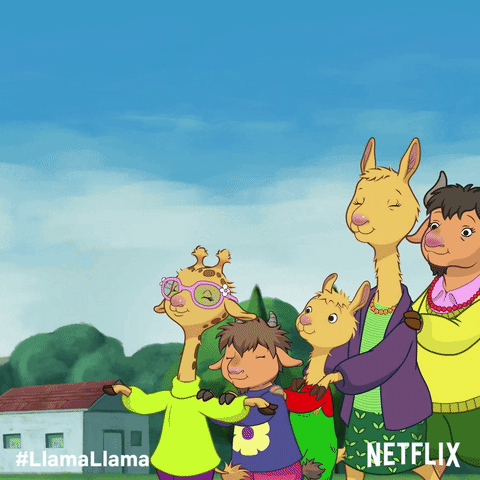
Kids shows usually have invisible parents (like Paw Patrol) or a ‘typical’ mother and father (Peppa Pig). Movies are even worse, as Disney loves to kill parents in the first ten minutes, especially mothers. In a world of unicorns and talking animals, a single mother is the rarest creature of all.
Meet The TV Parents
Of the 10 most popular shows right now, most have no visible parents at all. Of the parents that survive, the highest mortality rate is by far for mothers.
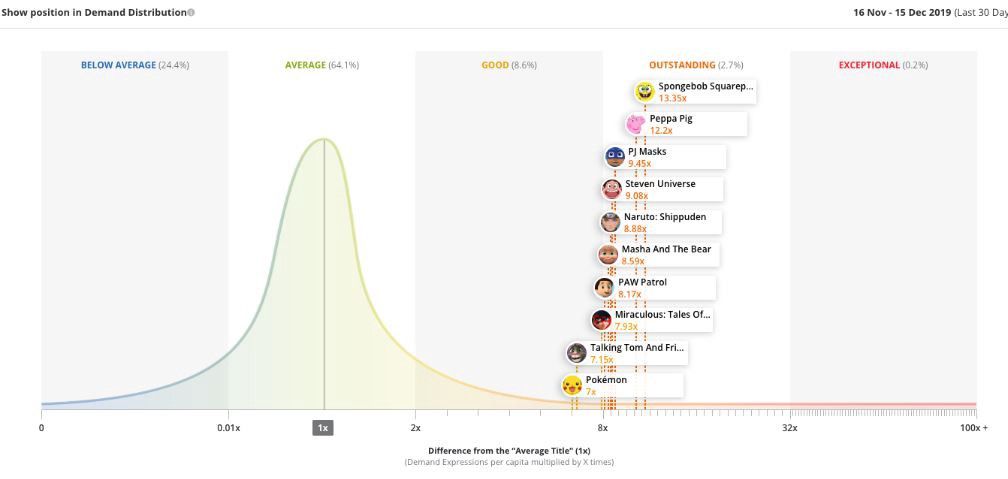
This Parrot Analytics report tracks the most popular kids shows by viewership and social media. Spongebob, PJ Masks, PAW Patrol — these all feature kids having adventures without a wet wipe in sight.
Only three shows have parents as regular characters — Peppa Pig, Steven Universe, and Miraculous: Tales of Ladybug & Cat Noir. Let’s look at those.
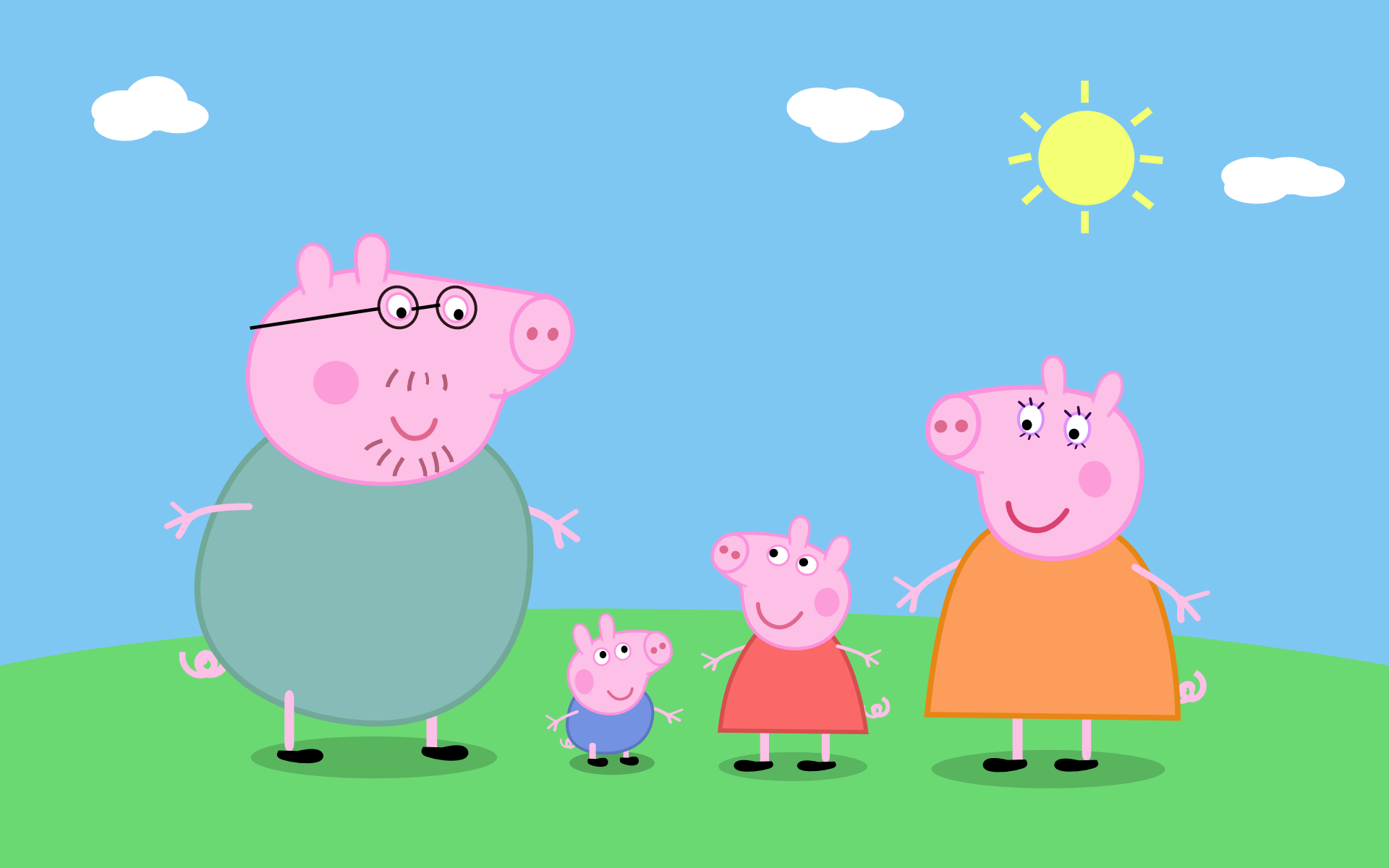
Peppa’s family is completely heteronormative, mother and father, and only the father works outside of the home. My kids love this show but it doesn’t represent modern, diverse families at all. Every family lives on a hill, and every home has a mother and a father.
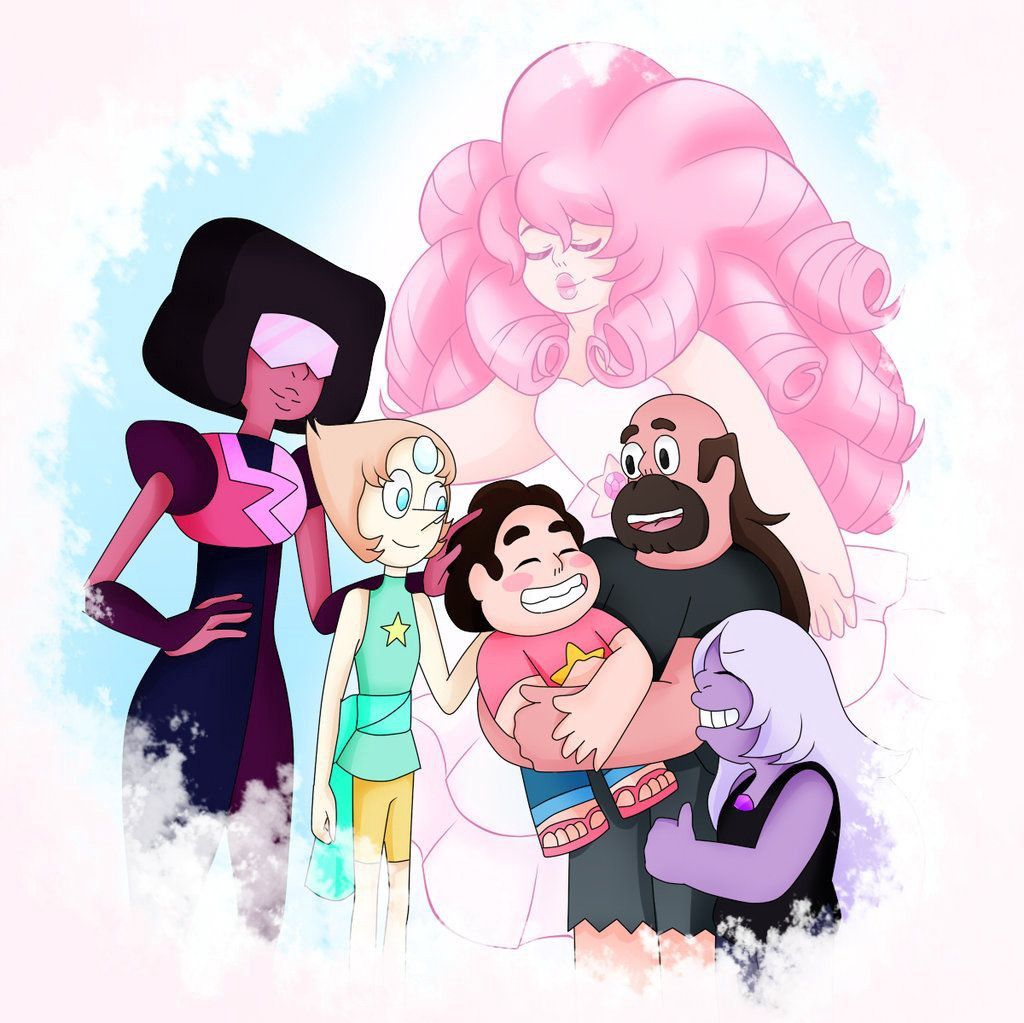
Steven Universe is much more open with gender norms, but still follows the trope of a ‘dead’ mother, who seems somehow embedded in Steven, but is functionally dead nonetheless.
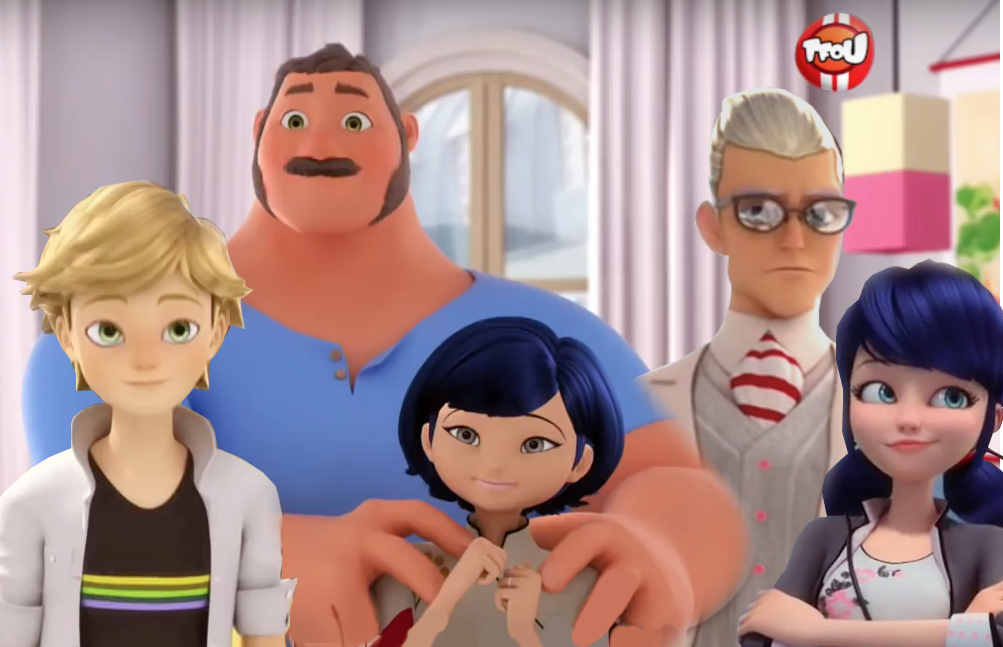
In Ladybug And Cat Noir, Lady Bug has two parents (from two ethnicities). Cat Noir, however, has the classic missing mum, and a father who is also a super-villain.
Where there is a family, it’s nuclear. If there’s any sort of explosion, it’s the mother that has to disappear or die.
Anime shows (and movies) are a bit different, but Naruto and Pokemon do not have the parents as main characters.
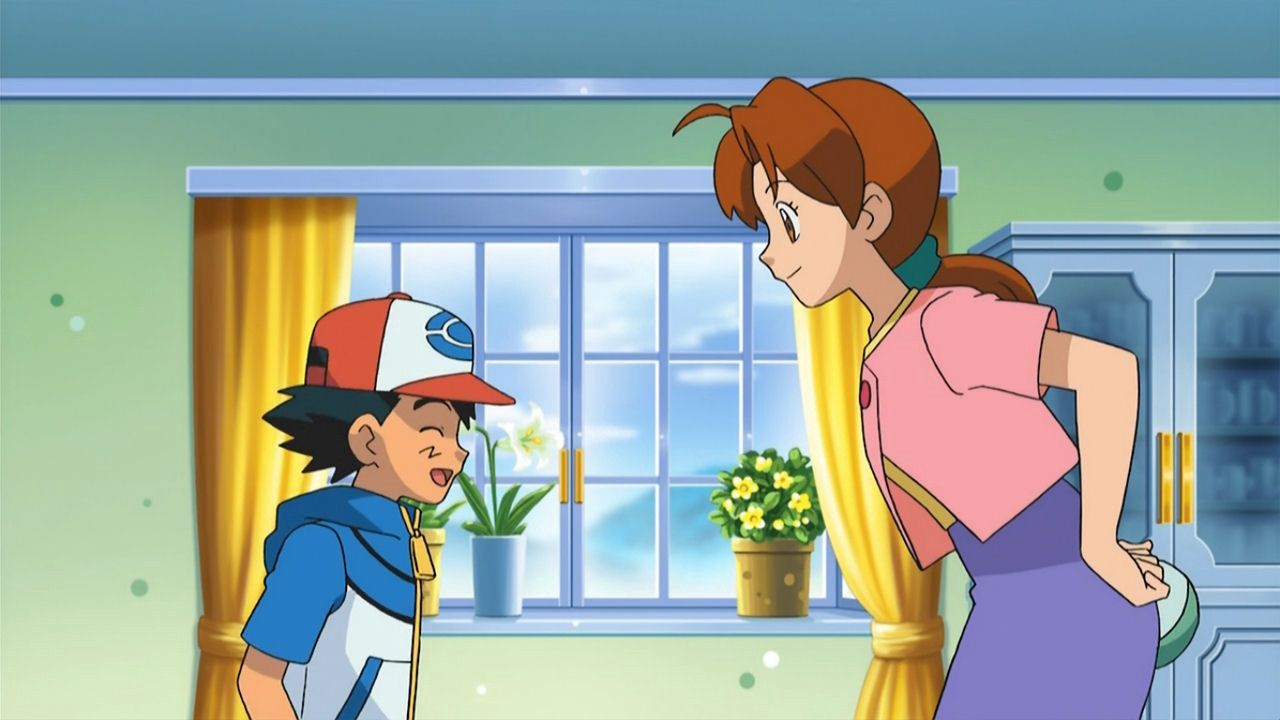
In Naruto the parents don’t recur at all, they’re dead. Ash Ketchum of Pokemon, however, does have a single mother. Ash is pretty much running wild as a 10-year-old Pokemon trainer, but there is a mother that periodically feeds and worries about him. Delia Ketchum had Ash young and his father bounced, perhaps to become a Pokemon trainer himself.
She’s not a main character, but nonetheless a good and visible example of a single mother. This is rare.
Movies
When you start to look at movies it’s much the same, if not worse. Disney, in particular, loves murdering mothers. Nearly half of Walt Disney films (43%) have a dead mother and 20% of the time the mother is killed or captured in the film itself. In front of your children. Needless to say, this is unrepresentative. In OECD countries only 1% of all households are single-father.
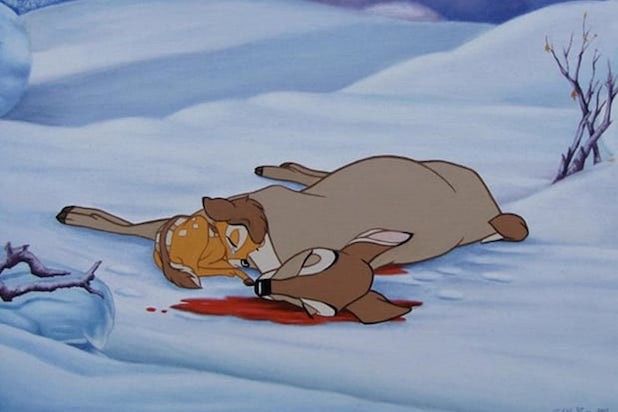
Disney does have some single mothers —in Lion King, Aristocats and Toy Story (seemingly, the father just isn’t visible). Also Mrs. Potts from Beauty And The Beast. It’s not that there are zero single mothers in Disney world, but the preference seems to be to have them or both parents dead, to get the story really moving. With the exception of the 1970 Aristocats, the single mother is never central to the plot.
Outside of Disney there are at least have some functional single mothers, like in Iron Giant, and again Japanese anime does it best, in Wolf Children.
Overall, however, our main types of fictional family are, in order:
- No parents
- Two parents (mother/father)
- Single father
- Single mother (a distant fourth)
For most children watching this simply isn’t reality. In America, 23% of children are in single-mother households. It’s the most common family unit after nuclear (69%). And this isn’t even getting started on children living in gay families, or anything remotely different.
Speaking just of single-mothers, this family type gets almost no representation at all. Almost.
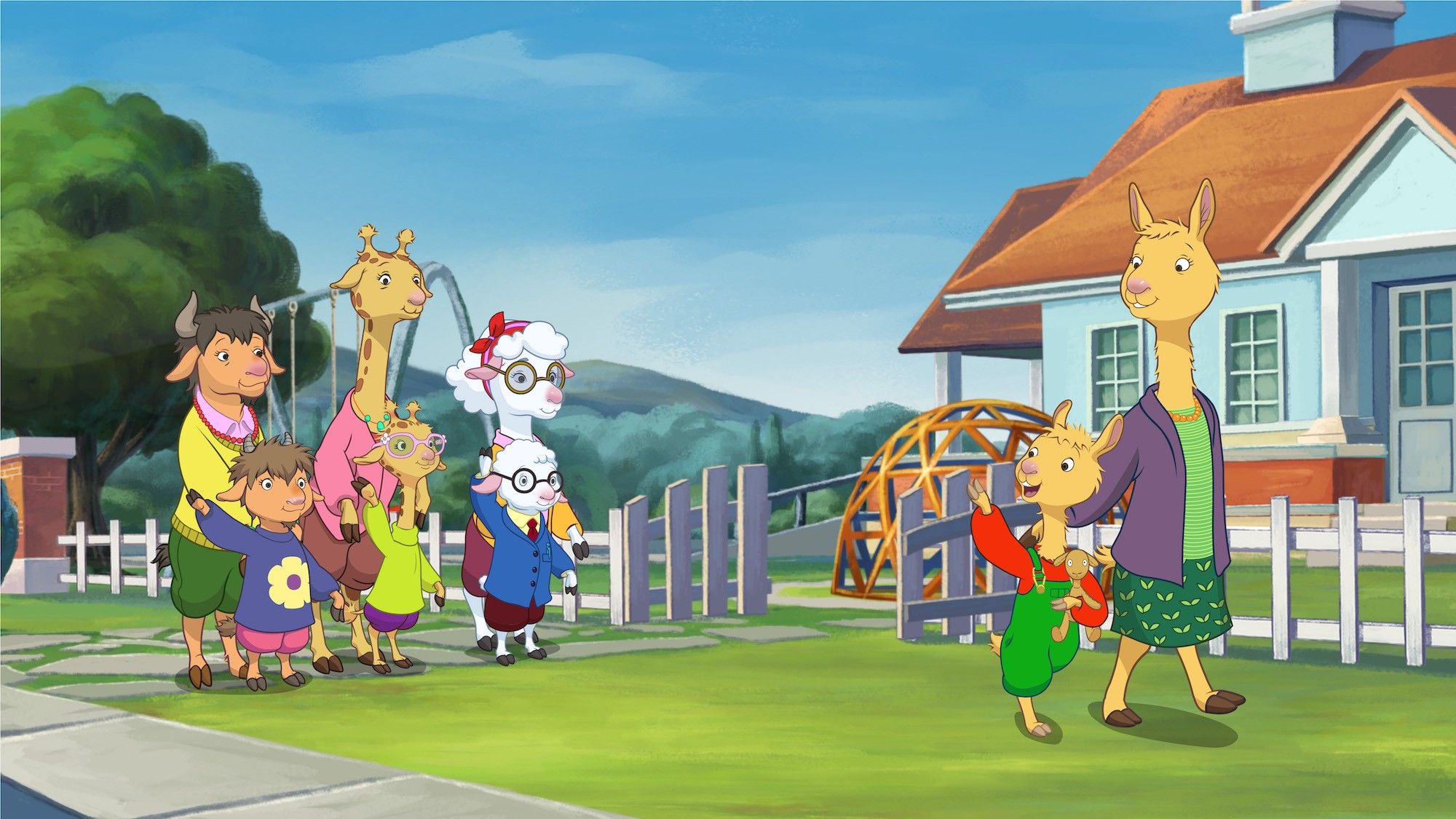
Llama Llama
Llama Llama features perhaps the best portrayal of a single mother on TV. Mama Llama, voiced by Jennifer Garner, is a present, patient and working mum who quite comfortably raises Llama Llama along with some help from his (maternal) grandparents.
Llama’s father isn’t a tragic or mysterious figure, he just isn’t mentioned at all. The series even goes through a whole Father’s Day episode without bringing him up. It just focuses on another character, who Llama helps out without any sign of awkwardness.
It’s a simple thing, this representation, but it can mean the world to a little kid. Like this response from Leah Campbell.
I’m a single mom by choice. I adopted my little girl on my own just shy of my 30th birthday. There’s no daddy at all. And over the years, my daughter has (of course) had questions about that. About why our family is different from every other family she knows.
But then, along comes this show about a set of characters she already adored from the books, and just a few weeks ago, she turned to me while watching it and said, “Mama! Llama Llama doesn’t have a daddy either! It’s just him and Mama Llama. Just like you and me!”
She was beaming. For once, she was seeing a family that looked like ours on TV, and they were happy and healthy and whole. It meant everything.
To her and to me.
What sets Llama Llama apart is that it's completely unapologetic about single motherhood. It’s not portrayed as a hardship or something central to the character's existence. It just is and the story goes on.
If you read parent reviews of the show you can see why this doesn’t happen too often.
I was genuinely disappointed in the absence of a Dad Llama. My mind does not assume “single parenthood” as a theme, and I don’t really love it being celebrated in kid’s TV shows. That does not mean I don’t have enormous respect for single parents, because I do. But it is not the best situation, nor is it the image of family that I want to teach my children, especially by way of kid’s television show — that divorce and marital separation is normal and “no big deal.” (Ashley S., Common Sense Media)
Americans are quite hypocritical about what constitutes a ‘normal’ family. While single-parent households are rare across the world, they are quite common in places like the US and UK. And they’re nothing to be ashamed of or hidden away. They’re families.
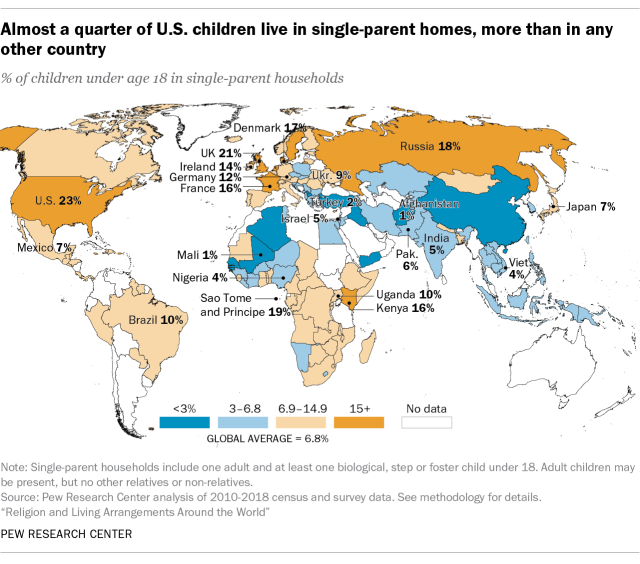
While there are shows like Daniel Tiger that feature secondary single mums, no one puts a single mother front and center like Llama Llama. And it’s quite refreshing, really.
Llama Llama isn’t a revolutionary show in most ways — it’s just a kid and their friends learning about values, with some adult supervision. But it is quietly revolutionary in how casually it represents single motherhood. Llama Llama doesn’t have to go on some vision quest to understand himself through his missing father, he can just be a normal kid.
For a child watching, this is the best lesson of all, a completely passive one. My family is nuclear and pretty traditional, but my kids can see that single-motherhood is entirely normal as well. And in the new season, there’s a disabled character as well, and she’s just another character that happens to be disabled. Now if they could just introduce a gay family it’d be complete.
I won’t ask for inter-species families (ie, a llama married to a gnu, or a pig to a rabbit), that’s the one thing that’s impossible in cartoon world. Single-mothers, however, can be done. It’s about time.